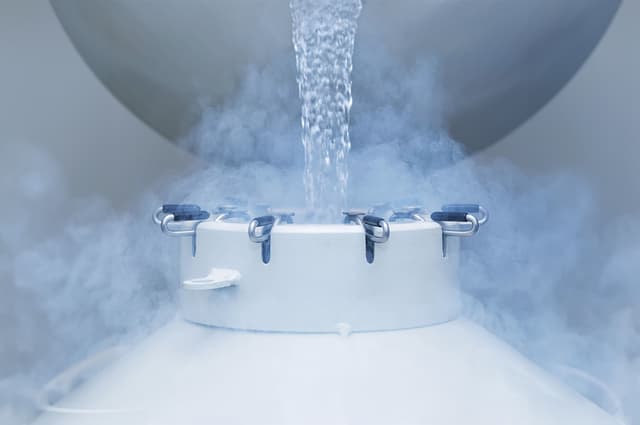CarboBasic provides Engineering Consultancy services for different stages of a project. The range of services are focused in Project and Process Engineering.
Conceptual Engineering, Feasibility Studies, FEED Studies, Detail Engineering, Pre-commissioning, Commissioning, Start-up, Test runs/Performance Tests. CarboBasic can offer their experience in a wide range of industries.
CarboBasic can produce process simulations for your project (static and dynamic), equipment sizing, flare systems design and rating, FAT & SAT and site surveys.
For projects in the South American region, we are also offering piping mounting and supervision for different types of industries, including Mining.

Cyrogenic
Liquified gases are used in many applications. For bulk transportation purposes, gases are liquified and stored in tanks on ships, trucks or rail-trucks. Normally, on-shore storage in tanks is at atmospheric pressure or it can be pressurised in bullets or spheres. It is not well defined at what point on the temperature scale refrigeration ends and cryogenics begins, but scientists assume a gas to be cryogenic if it can be liquefied at or below -150 °C, which the case of the LNG. Many projects include a regasification unit (onshore or FRU) that delivers gas for distribution or to a product user.

Petrochemical
Petrochemicals are the chemical products obtained from petroleum by refining. Some chemical compounds made from petroleum are also obtained from other fossil fuels, such as coal or natural gas, or renewable sources such as maize, palm fruit or sugar cane. CarboBasic offer their experience in petrochemical projects in engineering design for the high- and low-pressure polyethylene industry, among others.

Oil & Gas
Petroleum engineers help find oil and gas to supply the necessity of the consumers. Engineers design and develop methods for separation and treatment of the different components of Petroleum and for processing the product for delivery at conditions that meet the regulations and international standards. CarboBasic expertise in the Oil & Gas industry is mainly based in gas treatment units and downstream units such as Claus and tail gas treatment plants, Naphtha Splitters, distillation units, hydrocarbon storage, utilities design and general equipment design among others.

Nuclear
Large-scale nuclear is a very low-carbon technology, which provides a reliable baseload power at scale from a very small land area. As confirmed by the UNs International Atomic Energy Agency, nuclear power plants 'are among the safest and most secure facilities in the world', and nuclear power is one of the safest forms of energy generation. Traditional nuclear power plants use heat produced during nuclear fission to produce steam. The steam is used to spin large turbines that generate electricity. Both the Committee on Climate Change and the International Energy Agency have highlighted the role for new nuclear electricity generating capacity, in partnership with renewables, as a key element of achieving net zero. A recent report by the UN Economic Commission for Europe was clear that “the world's climate objectives will not be met if nuclear technologies are excluded” from future decarbonisation.

Hydrogen
Hydrogen and energy have a long shared history - powering the first internal combustion engines over 200 years ago to becoming an integral part of the modern refining industry. It is light, storable, energy-dense, and produces no direct emissions of pollutants or greenhouse gases. But for hydrogen to make a significant contribution to clean energy transitions, it needs to be adopted in sectors where it is almost completely absent, such as transport, buildings and power generation. The Future of Hydrogen provides an extensive and independent survey of hydrogen that lays out where things stand now; the ways in which hydrogen can help to achieve a clean, secure and affordable energy future; and how we can go about realising its potential.

Energy from Waste
EfW is an energy recovery process that generates renewable power in the form of electricity, heat or transport fuels from the controlled incineration of residual waste. An EfW plant contributes towards carbon emissions reductions and the reuse and recycling of materials that would otherwise go to landfill. The energy from waste or waste-to-energy industry is continuing to advance to provide more than just a renewable power source.